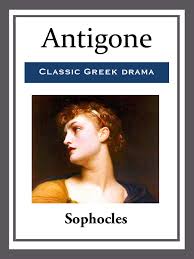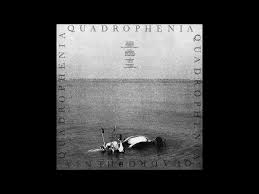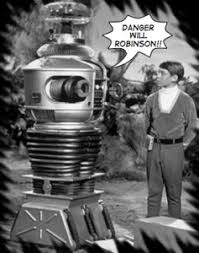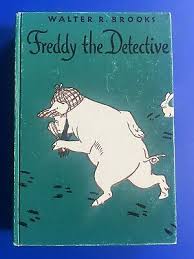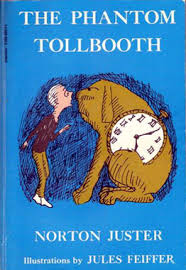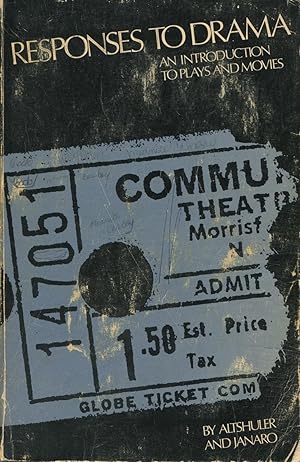One of my community college students cheated on my take-home writing assignment. Rather than penning 500 words about a 20th century short story as I had asked, he wrote about a 2000-year-old drama. Another clue that he was trying to hoodwink his instructor was that he copied the critique of the play from a book. A book that, as it happened, was written by my mother.
Oopsie.
But at least the student with questionable ethics had to read a few pages of my mom’s book in order to copy those words as his own. Whereas today, all he would have needed to do would be to type in “short story,” “critique,” and “bamboozle that Altshuler guy in the front of the classroom who keeps pontificating about plot and character.” Clicking on sneaky_plagiarism_ha_ha_ha.com–if this isn’t an actual website, it probably will be–would give him a paper more likely to fool a young composition teacher.
Of course, who am I to throw a stone? I cheat every time I get in the car, punching into the gps my destination no matter how many times I’ve followed the same route to the market. That my app might know where there’s an avoidable traffic jam isn’t the point. Spatially challenged as I am, I enjoy not using the–terribly small–part of my brain that figures out how to get from here to there.
Artificial intelligence is making me more artificial and less intelligent.
Indeed, almost no one is producing content anymore. Not to break my arm patting myself on the back for creating this my 730th blog–every Tuesday for the past 14 years, thank you very much–but I bet your ratio of creating to forwarding is modest. I forward dad jokes, but I don’t write them. I receive political memes but I don’t create them. That somebody else is creating pretty much everything you communicate should be of concern.
“Breathe the air we have blown you” suggested The Who 50 years ago.
Your child’s entire life is being created and directed by entities with whom you have no relationship beyond clicking the occasional “like” and I have to put it out there that if you missed a mortgage payment or had to spend a few nights in the hospital, a Russian Bot is unlikely to visit your bedside and even less likely to make you feel any better if it did.
When I was a kid I would go to the library. The librarian would recommend age appropriate books. I don’t know if I would have found Walter R. Brooks’s, Freddy the Detective or Zachary Ball’s Bristle Face without those helpful souls, but I’m forever grateful that they pointed me in the direction of these outrageously imaginative tales of talking animals and old-time Florida. Whereas left to their own devices (pun intended) your kids are as likely to find videos of animals not solving crimes but being slaughtered or worse.
Reasonable people can disagree I suppose about whether The Phantom Tollbooth is the greatest children’s book ever published. But no one can sensibly argue about that elementary school children should be consuming endless and endlessly inappropriate images at yuk.com.
How to help your kids control rather than repost their output? As always, attend to ages and stages. The takeaways for loving parents are as obvious as they are difficult to implement. Every no has to have a yes. Yes, you can have a bunch of crayons and colored pencils. Yes, you can have a journal and time to write in it, and yes, I promise I will never look at your diary. But no, there is restricted content, restricted screen time, and for goodness sake (speaking of apps) download software onto your children’s glowing rectangles so they don’t have unfettered access to unfiltered ick. And the phone goes sleepy-bye at 8:00 every school night. Just as with addiction to drugs and alcohol, the best way to stop is not to start; the best way to not have an Earth-rending argument about whether the phone goes away every night at 8:00 is to take the phone away at 8:00 every night since forever. No child at any age should be sleeping with their phone. They will neither be sleeping nor thinking happy thoughts.
And who knows? If your kids have time to read good books, write in their journals, and create their own meaning, maybe they’ll be able to write their own 500-word themes in first-year composition class and won’t have to steal pages from one of my mom’s books.
